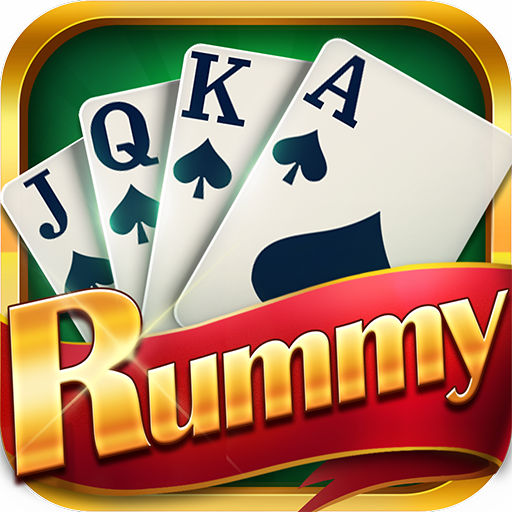Rummy Meaning, Rummy is a classic card game with a rich history and a global following. Known for its blend of strategy, skill, and chance, rummy has evolved over the years to become a popular pastime for players of all ages. This article delves into the meaning of rummy, exploring its origins, rules, variations, and significance in the world of card games.
What is Rummy?
Rummy is a group of matching-card games that involve forming sets or runs of cards to achieve a winning hand. The primary objective in rummy is to arrange your hand into valid combinations and be the first to declare or “meld” these combinations, thus winning the game.
Origins and History
- Historical Roots:
- Description: Rummy’s origins can be traced back to the early 19th century. The game is believed to have evolved from the Spanish game “Conquian,” which was played with a deck of 40 cards and involved forming sets and runs.
- Evolution: Over time, rummy spread to different regions, evolving into various forms and styles as it was adapted by different cultures.
- Modern Adaptations:
- Description: In the 20th century, rummy gained widespread popularity, leading to the development of numerous variations and online platforms. The game has become a staple in card gaming, with versions played in homes, casinos, and online platforms worldwide.
Basic Rules of Rummy
- Objective:
- Description: The main goal in rummy is to form valid combinations of cards, including sets (three or four cards of the same rank but different suits) and runs (three or more consecutive cards of the same suit).
- Winning: The player who successfully arranges their entire hand into valid combinations and declares wins the game.
- Setup:
- Deck: Rummy is typically played with a standard 52-card deck. Some variations use multiple decks or include jokers.
- Deal: Each player is dealt a certain number of cards, depending on the variation being played. The remaining cards form the draw pile.
- Gameplay:
- Drawing and Discarding: Players take turns drawing a card from either the draw pile or the discard pile and then discard a card to maintain the hand size.
- Melding: Players aim to arrange their cards into valid sets or runs. Once a player has achieved this, they can declare and end the game.
- Scoring:
- Description: In most rummy games, points are awarded based on the cards left in opponents’ hands. The player who declared successfully wins the round, and the scores are tallied based on the remaining cards.
Popular Variations of Rummy
- Indian Rummy:
- Description: A popular variation in India, played with two decks of cards and jokers. Players aim to form sets and runs, with a focus on melding cards to declare and win.
- Gin Rummy:
- Description: A two-player version of rummy where players aim to form sets and runs with the goal of minimizing the point value of unmatched cards.
- Kalooki (Kaluki):
- Description: A variation that involves using jokers as wild cards and includes additional rules for melding and declaring.
- Canasta:
- Description: A rummy variant played with two decks of cards where players form melds of seven or more cards, including special rules for canastas (melds of seven cards).
- Oklahoma Rummy:
- Description: A version where the initial card drawn determines the value of sets and runs required to declare.
The Significance of Rummy
- Cultural Impact:
- Description: Rummy has made a significant impact on various cultures, becoming a traditional pastime in many countries. It is often played during family gatherings, social events, and holidays.
- Skill and Strategy:
- Description: Rummy is a game that requires a blend of skill, strategy, and luck. Players need to develop strategies for card management, observing opponents, and making tactical decisions.
- Online and Competitive Play:
- Description: With the rise of online gaming, rummy has gained popularity in digital formats, allowing players to compete globally. Online platforms offer various rummy games, tournaments, and cash prizes.
- Educational Value:
- Description: Rummy helps in developing cognitive skills such as memory, concentration, and strategic thinking. It also promotes social interaction and friendly competition.
Conclusion
Rummy is more than just a card game; it is a timeless classic with a rich history and widespread appeal. From its origins to its modern adaptations, rummy continues to captivate players with its blend of strategy and skill. Whether played casually at home or competitively online, rummy remains a beloved game that brings people together and challenges their strategic thinking. Understanding the meaning and significance of rummy enriches the experience and appreciation of this enduring card game.




